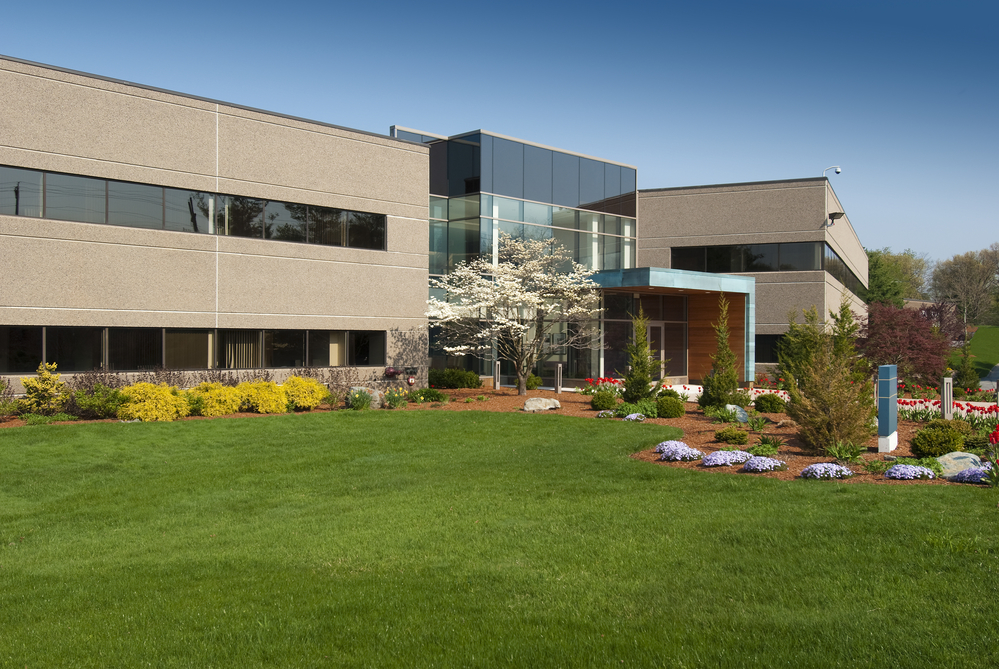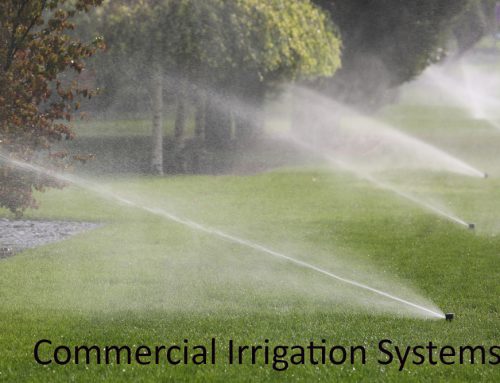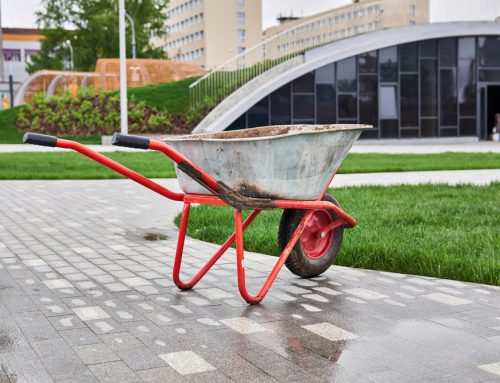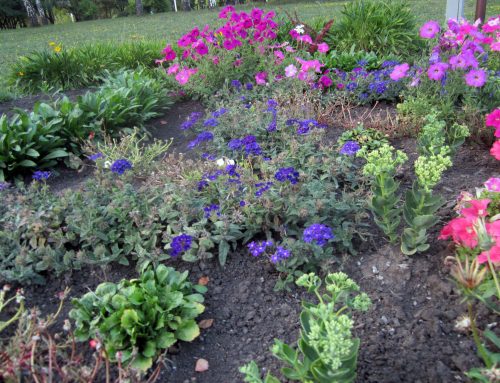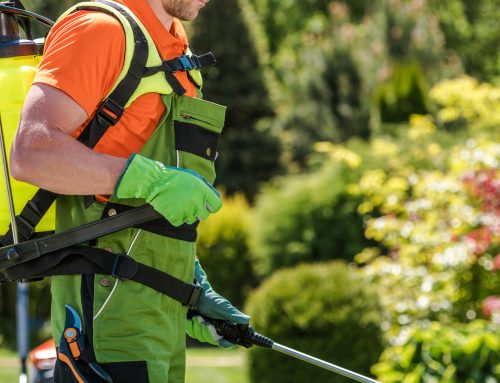Heat doesn’t just wear on us; it also has an adverse impact on nature, including plants, flowers, and lawns. However, you can still enjoy a healthy lawn even in the midst of extreme summer heat.
Don’t Mow Your Lawn Too Short
It’s a common mistake to mow a lawn too short. When this happens and it’s hot, your lawn suffers and turns brown. This is because the lawn is restricted on how much energy it can produce for growth. However, if you don’t trim it too short, then the grass can develop stronger roots. And, it’s those stronger roots that support plants that can tolerate the stress that heat puts on it during the summer months.
Use the One-Third Rule
To determine the correct height to cut your grass, apply the “one-third” rule. This rule says never remove more than one-third of the grass height at one time. This keeps the lawn cooler because it removes less plant tissue. For example, if you normally cut your lawn at 2.5 inches, increase it to 3 inches during the hot summer months.
Don’t Over Water
A big mistake so many make is to think the heat means grass needs more water. However, all that does is create another problem. The soil then tends to be constantly wet. This causes the grass roots to be deprived of oxygen. This can make them more susceptible to disease because diseases tend to thrive in wet conditions. Therefore, the drier the grass and soil, the less risk for a disease. Although you want to ensure hydration, you don’t need to water daily to get that.
Keep Mower Blades Sharp
When grass is cut with a sharp mower blade, it will heal faster. Then, it’s less susceptible to stress and disease that comes during the hot season. Also, the sharper mower blades will prevent a brown appearance.
Use a Mulching Mower
Rather than bagging up the lawn clippings, return them to the lawn by using a mulching mower. Clippings act as a slow-release fertilizer for the plant.
Focus on Year-Round Lawn Health
Whether there is heat or not, it’s important to maintain your lawn’s health the whole year round. Then, when it is hot, your lawn will already be prepared for the temperature change. That way, grass will tolerate the heat more easily. Focus on season-long care, which includes fertilization, watering, mowing, and pest control.
Contact us if you would like more help in creating a healthy, year-round lawn.

